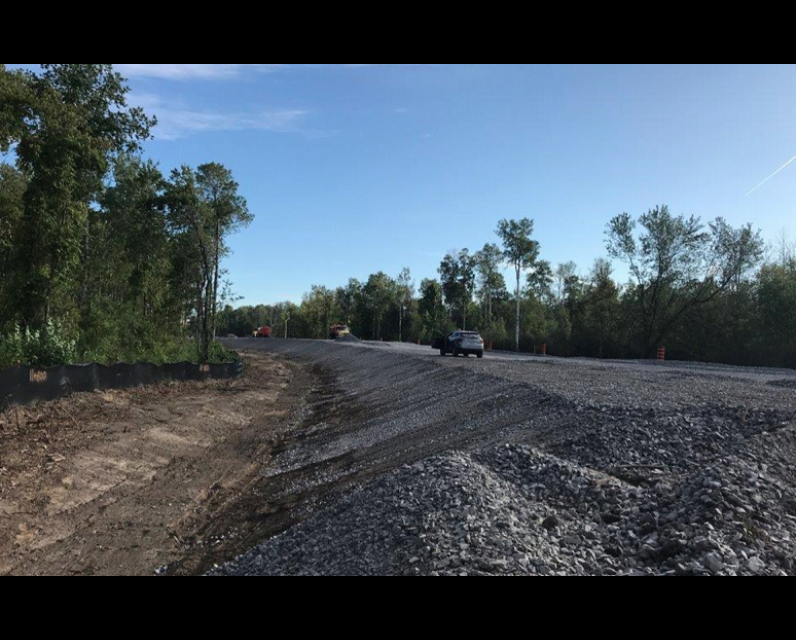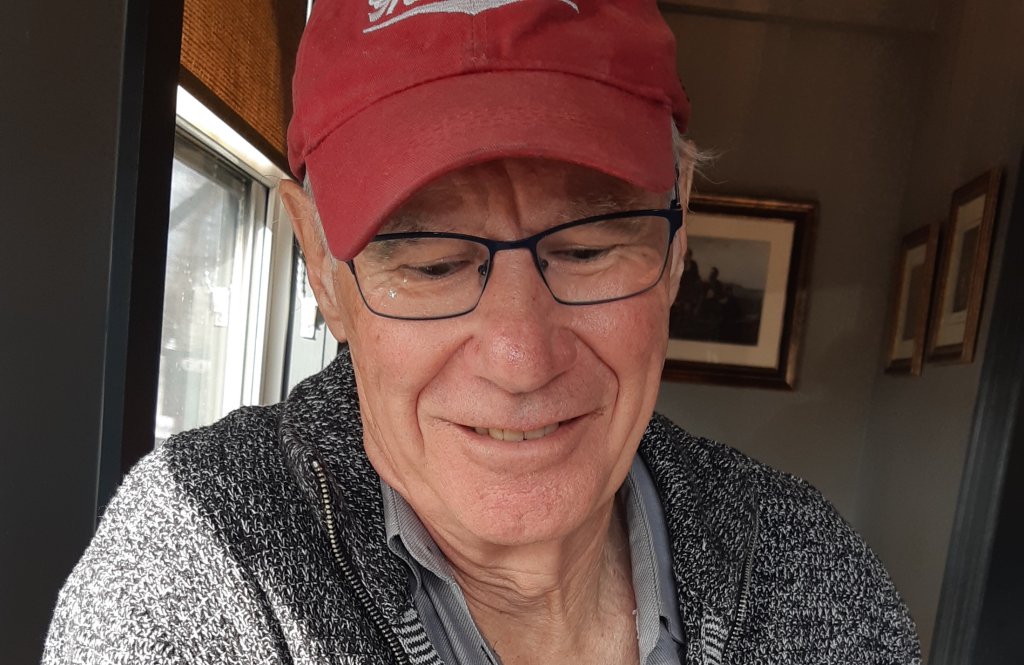Unpublished Opinions
Clive Doucet is a distinguished Canadian writer and former Ottawa city councillor. He was elected for four consecutive terms from 1997 to 2010 when he retired to run for Mayor. As a city politician he was awarded the Gallon Prize as the 2005 Canadian eco-councillor of the year. He was defeated twice by Jim Watson in 2010 and 2018 when he ran for the Mayor’s chair.
The Deal of the Day is not Government

“If you don’t understand the past, you are doomed to repeat it” is an old saw but a true one. Like it or not, the past matters both for good and ill. The first step for Ottawa in 2020 will be understanding what happened and why with the LRT. The second will be understanding how past decisions will affect future choices.
It would be difficult to design a transit project for Ottawa that would cost more (7 billion+) and do less. The LRT is a replacement system. It simply replaces a rapid bus system (the Transitway) that was there before and was highly regarded. After twenty years of planning and costing billions, Ottawa transit has actually contracted with less bus routes, less drivers and more transfers.
This service disaster started with planning. The western LRT extension may be convenient for the Mayor’s commute, but the choice of the western parkway and a winding route through the leafy western suburbs of Westboro and west Ottawa was incomprehensible. What city chooses to put its premier, high density service at the fringes of where people live with a broad river on one side and lightly populated suburbs on the other? It should have gone along Carling Avenue.
Carling is a direct, straight route to Kanata; has had rail on it before; was entirely owned by the city and consequently had no expropriation costs; no trees to cut down and the route served hospitals, shopping malls and about a third of the city’s population. It was what the NCC wanted, not the parkway. It was the obvious choice. What happened?
The LRT planning disaster continued right on into the engineering choices. The sink hole at the corner of Sussex and Rideau happened for a reason. The station was a bad engineering choice. Sussex and Rideau is the lowest point in the Rideau River watershed. Water collects at this point from two directions, the south Rideau watershed and the underground drainage pattern of the Ottawa River which flows around the southern edge of the Parliamentary Hill promontory following exactly same underground route the LRT tunnel goes.
Why was the higher ground at the original Parliament station switched to the lower ground at the Rideau/Sussex station by the Mayor? What happened?
The LRT mess continues today into the finances which are headed for the courts where it will be fought out for years. All of this will have consequences in 2020 because the billions for the LRT project have drained the city’s piggy bank. Every city expenditure is going to be held hostage by the LRT debts. This means the Go Train system (modeled on Toronto’s) proposed during the last election will become not just more attractive but necessary because of its much reduced costs (2 million per kilometer). It also means surface routes like Carling will happen faster than presently anticipated today.
Most important, the ‘deal of the day’ mentality that has occupied City Hall needs to be replaced by a coherent, sustainable vision for the city. For fifteen years, there hasn’t been anything more than a series of ‘deals’ brokered by the Mayor of the day and it hasn’t worked. Some examples, the Chateau Laurier extension approval by council was reversed by the Committee of Adjustment; the LeBreton Flats spot rezoning from 30 to 65 stories irrevocably blew apart the LeBreton Flats plan; the reversal of the Tunney’s Pasture people’s choice in favour of the political choice of Dow’s Lake in spite of increased costs, geological and access problems; the Lansdowne financial sink hole, Kilmorie House in Cityview. The list is longer than we have space here.
To have a city that’s different than the one we have today, you need to imagine it as more than a series of ‘deal’s with powerful land developers. It starts with faith in your residents and their ideas about how they want ‘their city’ to grow and look. Developing that vision starts with listening and respecting the city’s own public consultations; if the city had it would look very different today.
We would have a real park not a mall at Lansdowne. We would have a surface rail system to the entire city including Gatineau. We would have preserved the national heritage landscape around Dow’s Lake instead of building the new hospital at Dow’s Lake. There never would have been a mega men’s shelter in Vanier. There never would have been a long, difficult struggle over the Chateau Laurier extension. Collectively, these changes would have created a different kind of city, a greener city with effective, surface transit; transit that animates communities, instead of reducing community green spaces and cutting into gathering places; and happily, we would have less debt so more of our taxes would be coming back to the community instead of going to the banks.
It’ worth remembering all this because the future of our city is going to be more of the same until we are able to elect a Mayor and council who will put the city and its people first, not real estate deals. A new, real deal at city hall will start there.
Clive Doucet is an author. His most recent book is “Grandfather’s House: Returning to Cape Breton”. He served as a city councilor for Capital Ward for four terms. Doucet and Mayor Bob Chiarelli were the founders of the O Train.



Comments
Be the first to comment